Ukraine War: Putin's Stance On Nuclear Weapons Use
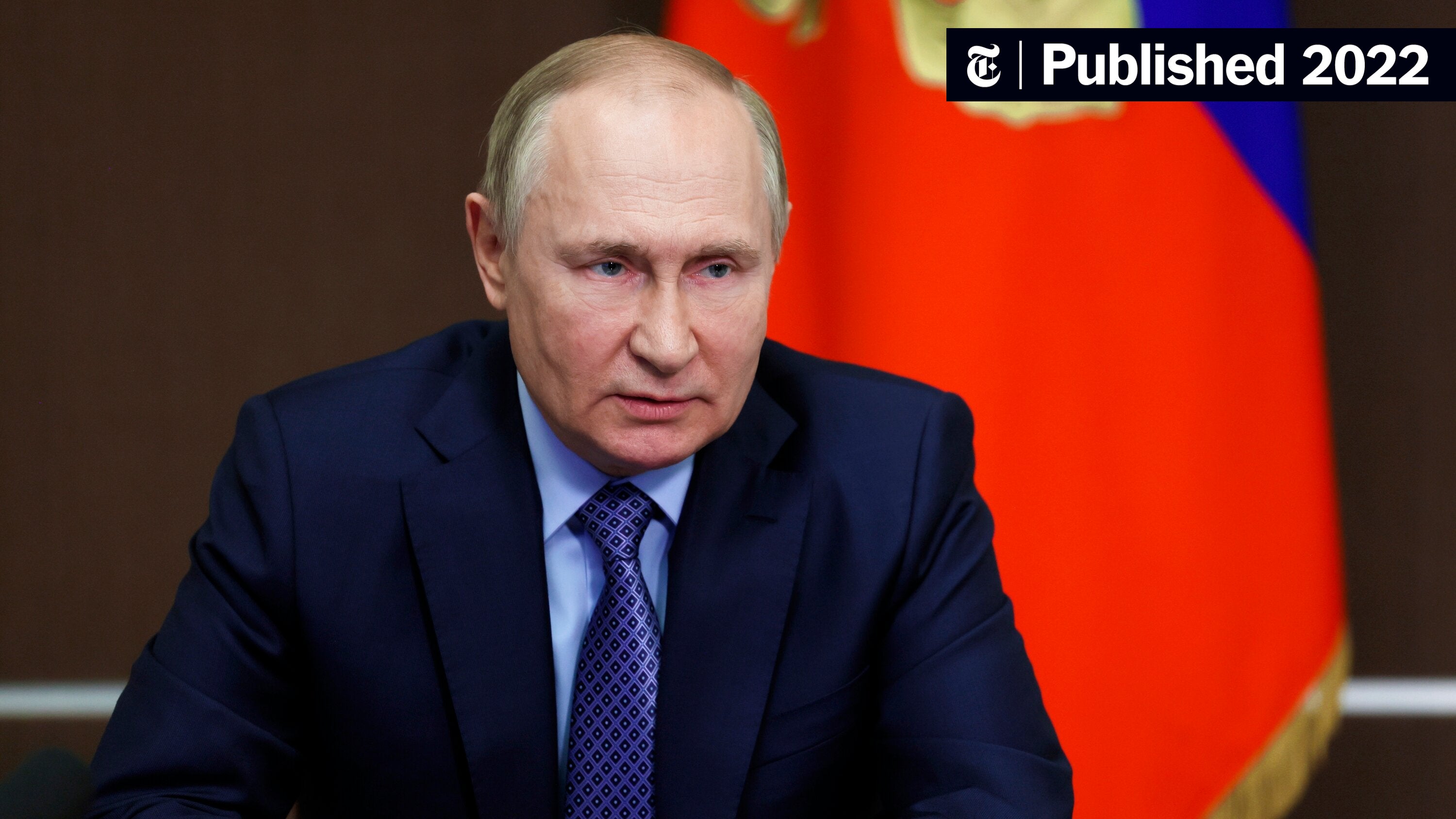
Table of Contents
Putin's Public Statements on Nuclear Weapons Use
Putin's pronouncements on the potential use of nuclear weapons have been a source of considerable international concern. His statements, often veiled as warnings or delivered within broader geopolitical contexts, have lacked the precision needed to completely dispel fears of escalation. Analyzing these statements requires careful consideration of their context, audience, and the specific language employed.
-
Examples of direct and indirect threats: While Putin hasn't explicitly stated he will use nuclear weapons, he has repeatedly alluded to their potential deployment in response to what he perceives as existential threats to Russia. Statements referencing Russia's "massive retaliatory capabilities" fall into this category. Other instances involve less direct threats, using language that suggests a willingness to cross red lines if necessary.
-
Analysis of the language used: Putin often employs strong language, such as "unacceptable consequences" or references to a "response," leaving room for interpretation but simultaneously projecting a firm stance. Understanding the nuances of this language is crucial to interpreting his intentions. The terms "escalation" and "defense" are frequently invoked, blurring the lines between defensive measures and offensive threats.
-
Identification of triggers or conditions: Although not explicitly defined, Putin's statements often imply that a direct attack on Russian territory, or a perceived existential threat to Russia's security, could be considered a trigger for nuclear action. The vagueness of these conditions only amplifies the uncertainty.
-
Assessment of the credibility of these threats: The credibility of Putin's nuclear threats is a subject of intense debate. Some experts argue that the threats are primarily intended for deterrence and to exert pressure on Ukraine and the West. Others express deeper concern, highlighting the unpredictable nature of the situation and the potential for miscalculation.
Russia's Nuclear Doctrine and its Relevance to the Ukraine Conflict
Russia's official nuclear doctrine plays a critical role in understanding Putin's stance. It outlines the conditions under which Russia might employ nuclear weapons and provides a framework for interpreting his public statements.
-
Summary of the key principles: Russia's nuclear doctrine emphasizes deterrence, asserting that nuclear weapons are primarily intended to prevent large-scale aggression. It also acknowledges the possibility of using nuclear weapons in response to an attack involving weapons of mass destruction, or in a situation where the very existence of the state is threatened.
-
Analysis of how the doctrine has changed: While the core tenets of Russia's nuclear doctrine haven't drastically changed, its application in the context of the Ukraine War has raised new questions and interpretations. The ambiguity surrounding the definition of "existential threat" has fueled concerns.
-
Escalation dominance: Some analysts suggest that Russia might pursue a strategy of "escalation dominance," aiming to intimidate opponents by demonstrating a willingness to escalate the conflict to a nuclear level. This strategy involves creating uncertainty and ambiguity to discourage intervention.
-
Potential for limited nuclear war: The possibility of a limited or tactical nuclear weapons use, potentially targeting Ukrainian military installations rather than civilian centers, cannot be entirely discounted, although the potential for unforeseen consequences remains significant.
The International Response to Putin's Nuclear Posturing
The international community has responded to Putin's nuclear posturing with a mix of condemnation, deterrence, and diplomatic efforts.
-
Statements and actions taken by NATO and other major powers: NATO has consistently condemned Russia's nuclear rhetoric, emphasizing the unacceptable nature of any nuclear use. Other major powers, such as the US and China, have also issued strong statements of concern.
-
International condemnation and diplomatic efforts: The international community has largely condemned Putin's actions through statements from the UN and other international organizations. Diplomatic efforts to de-escalate the situation and avert nuclear conflict have been ongoing, albeit with limited success so far.
-
The role of international sanctions: International sanctions imposed on Russia aim to limit its access to resources and technology crucial for maintaining its nuclear arsenal. The long-term effectiveness of these sanctions remains to be seen.
-
Assessment of the effectiveness of the international response: The effectiveness of the international response is a complex issue. While condemnation and sanctions have been implemented, the ongoing threat of nuclear escalation underlines the need for a more comprehensive strategy.
The Impact on Global Security and the Risk of Nuclear Proliferation
Putin's nuclear rhetoric has profound implications for global security and the risk of nuclear proliferation.
-
Increased risk of nuclear conflict: The ongoing ambiguity significantly increases the risk of nuclear conflict, either through miscalculation, escalation, or intentional use.
-
Impact on international relations and trust: Putin's actions have severely damaged international trust and cooperation. This could have long-lasting ramifications for global stability.
-
Possibility of other nations following suit: The potential for other nations to adopt similar strategies, further destabilizing the global security landscape, is a significant concern. An escalating arms race remains a possibility.
-
Assessment of long-term consequences: The long-term consequences of Putin's actions are difficult to predict but could range from regional conflicts to a global catastrophe.
Conclusion
Putin's ambiguous pronouncements regarding the potential use of nuclear weapons in the Ukraine War pose a serious threat to global security. His rhetoric, combined with Russia's nuclear doctrine, creates a highly volatile situation. The international response, while strong in its condemnation, has yet to fully neutralize the risk. Understanding Putin's motivations and the potential consequences is crucial for informed decision-making and effective strategies to de-escalate tensions and prevent nuclear catastrophe. Further research into this complex issue is essential for informed decision-making and promoting international peace and security. Continue to follow developments regarding Putin's nuclear threats and the Ukraine War for the latest updates.

Featured Posts
-
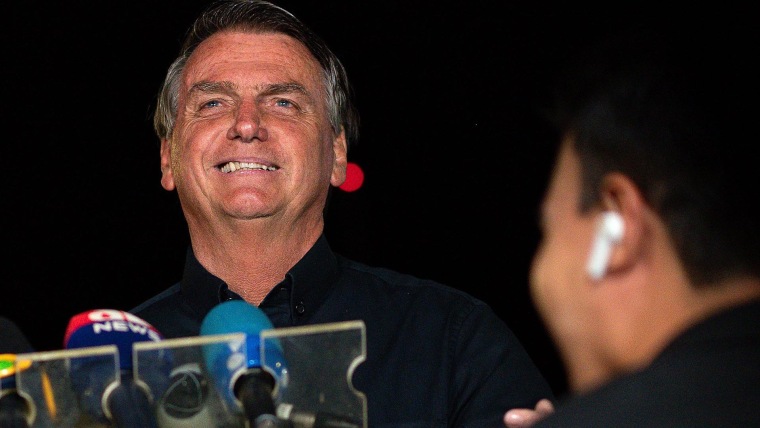 Romania Election Far Right Leader Heads To Runoff Against Centrist
May 06, 2025
Romania Election Far Right Leader Heads To Runoff Against Centrist
May 06, 2025 -
 Maria Shrivers Comments On Patrick Schwarzenegger And His White Lotus Character
May 06, 2025
Maria Shrivers Comments On Patrick Schwarzenegger And His White Lotus Character
May 06, 2025 -
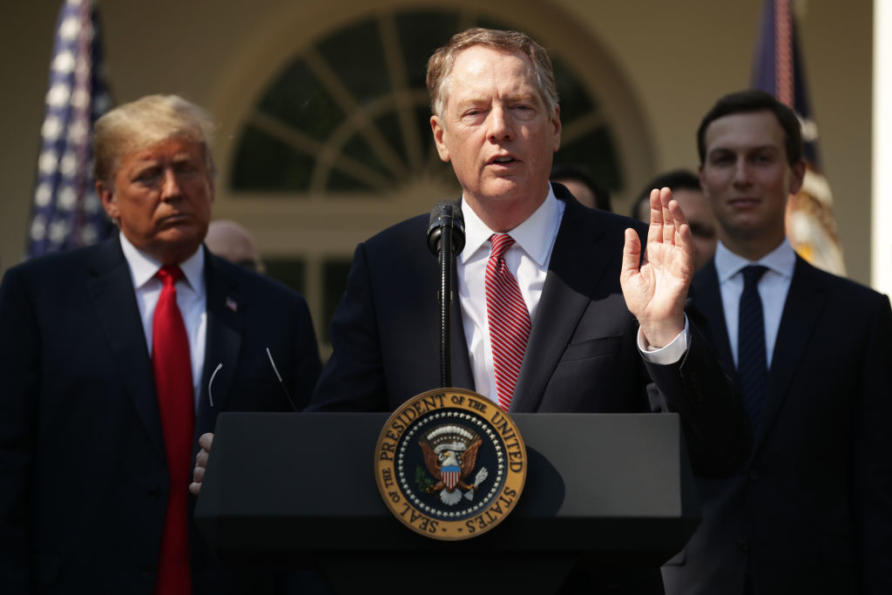 Trumps Trade Agenda A Risk Assessment Amid Economic Uncertainty
May 06, 2025
Trumps Trade Agenda A Risk Assessment Amid Economic Uncertainty
May 06, 2025 -
 Canadas Economic Future Gary Mars Perspective On Western Development And Mark Carneys Role
May 06, 2025
Canadas Economic Future Gary Mars Perspective On Western Development And Mark Carneys Role
May 06, 2025 -
 2025 Nba Playoffs Your Guide To Watching Knicks Vs Celtics
May 06, 2025
2025 Nba Playoffs Your Guide To Watching Knicks Vs Celtics
May 06, 2025
Latest Posts
-
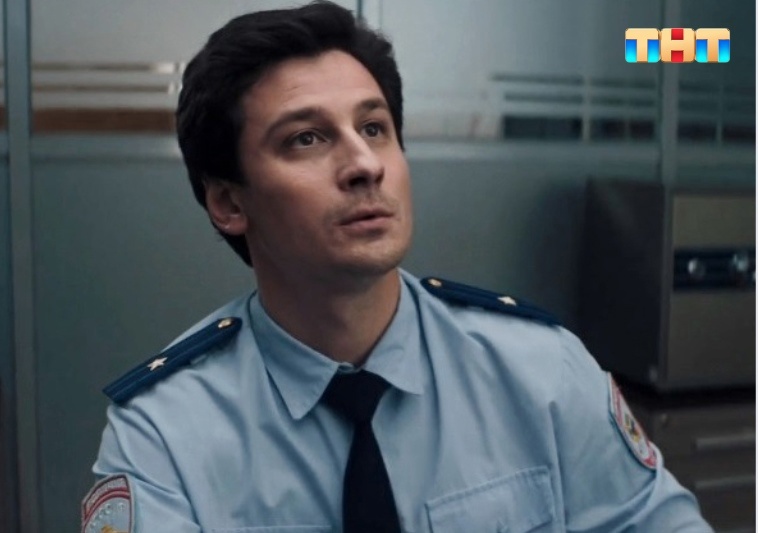 Alina Voskresenskaya V Univer Molodye Podrobnosti Roli V Novom Sezone Tnt
May 06, 2025
Alina Voskresenskaya V Univer Molodye Podrobnosti Roli V Novom Sezone Tnt
May 06, 2025 -
 Nitro Chem Europejski Lider W Produkcji I Dostawach Trotylu
May 06, 2025
Nitro Chem Europejski Lider W Produkcji I Dostawach Trotylu
May 06, 2025 -
 Spak Kontrollon Banesen E Motrave Nikolli
May 06, 2025
Spak Kontrollon Banesen E Motrave Nikolli
May 06, 2025 -
 Tnt And Max Saya 25 Years Of Service To Filipino Communities
May 06, 2025
Tnt And Max Saya 25 Years Of Service To Filipino Communities
May 06, 2025 -
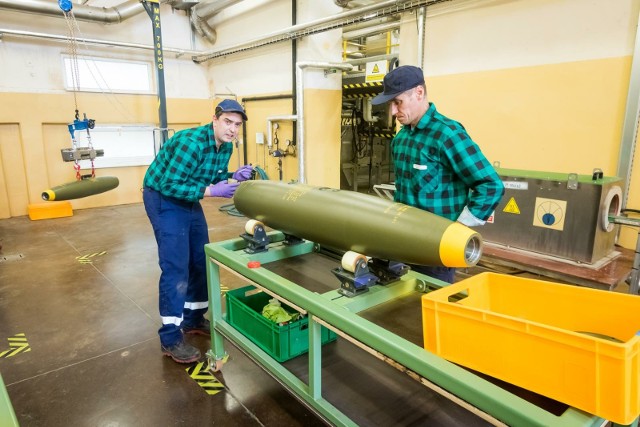 Trotyl Polski Nitro Chem Wiodacy Producent W Europie
May 06, 2025
Trotyl Polski Nitro Chem Wiodacy Producent W Europie
May 06, 2025
